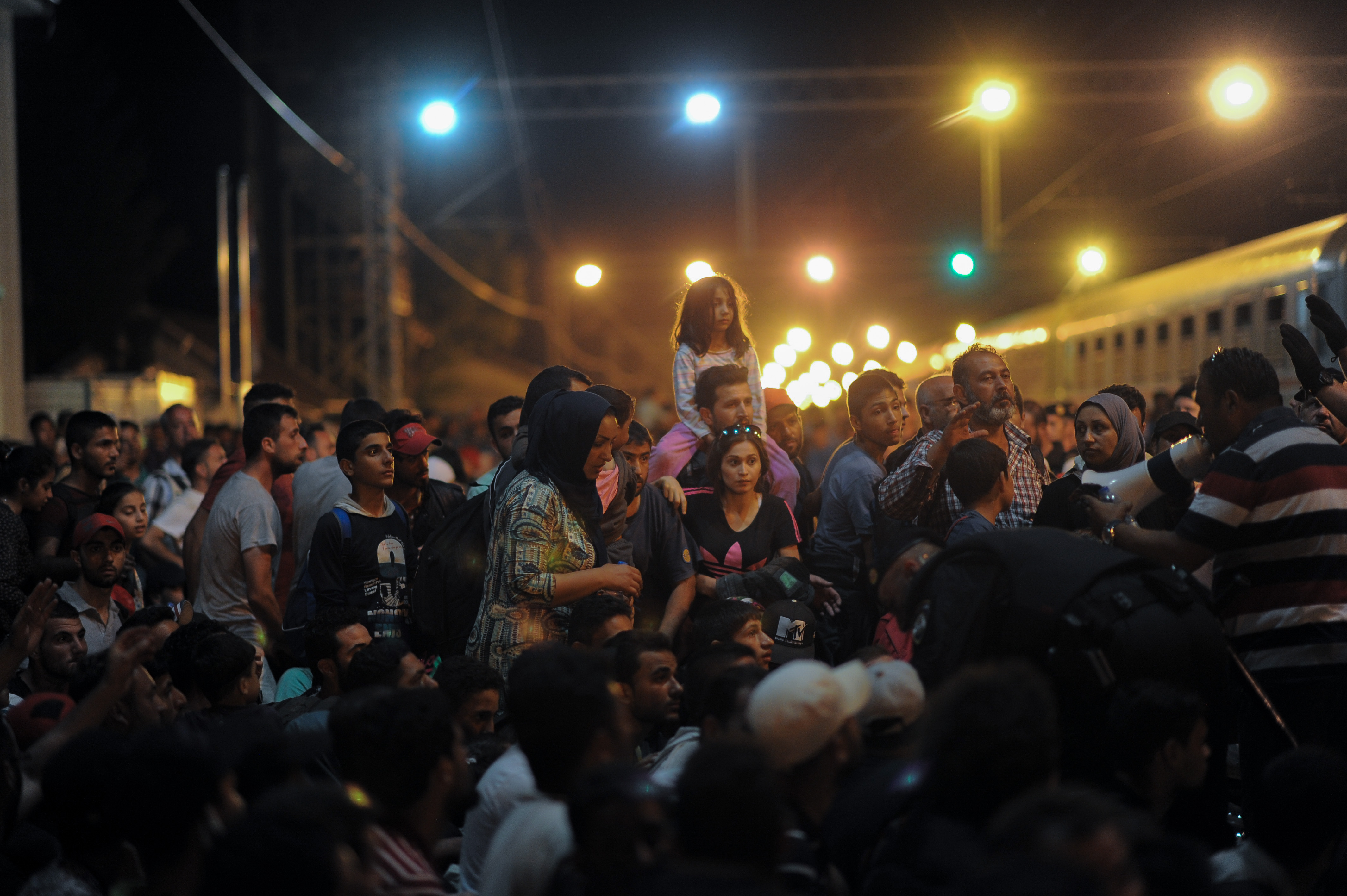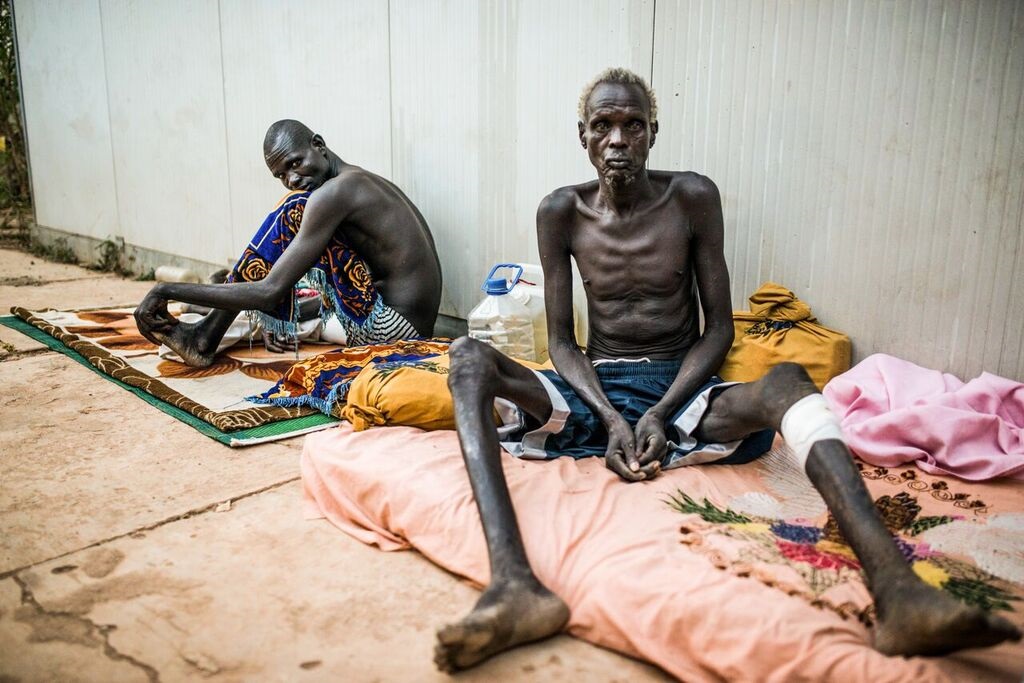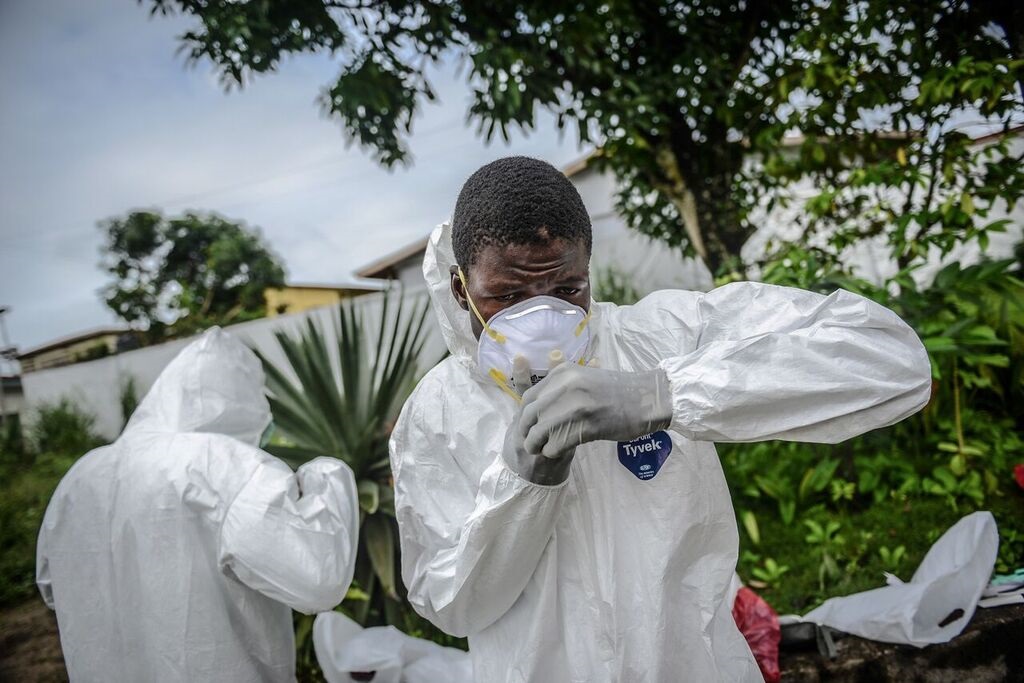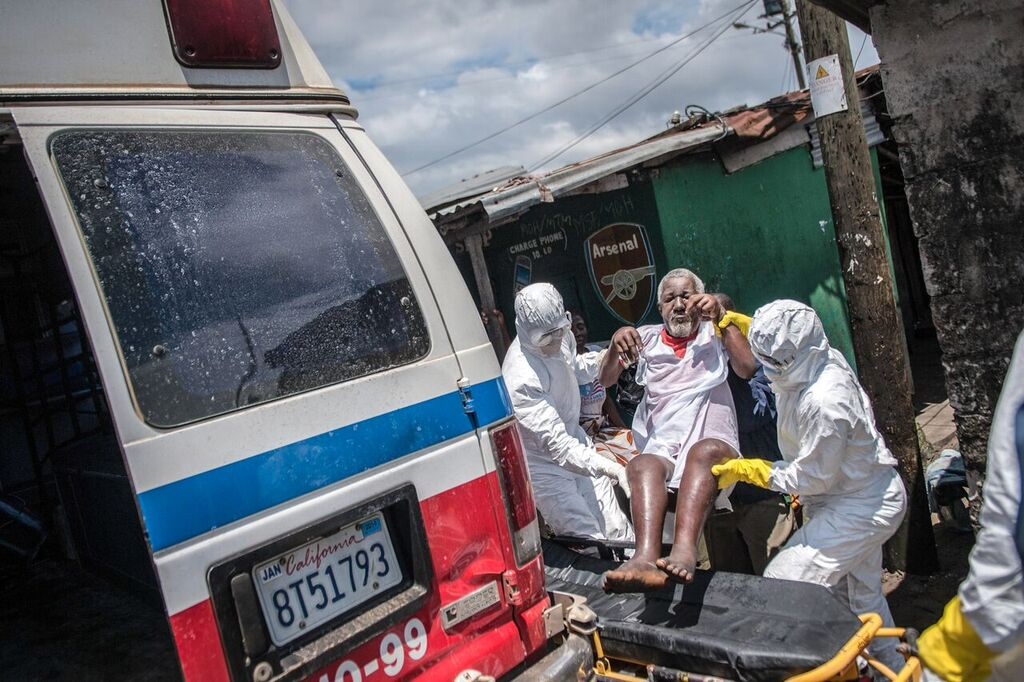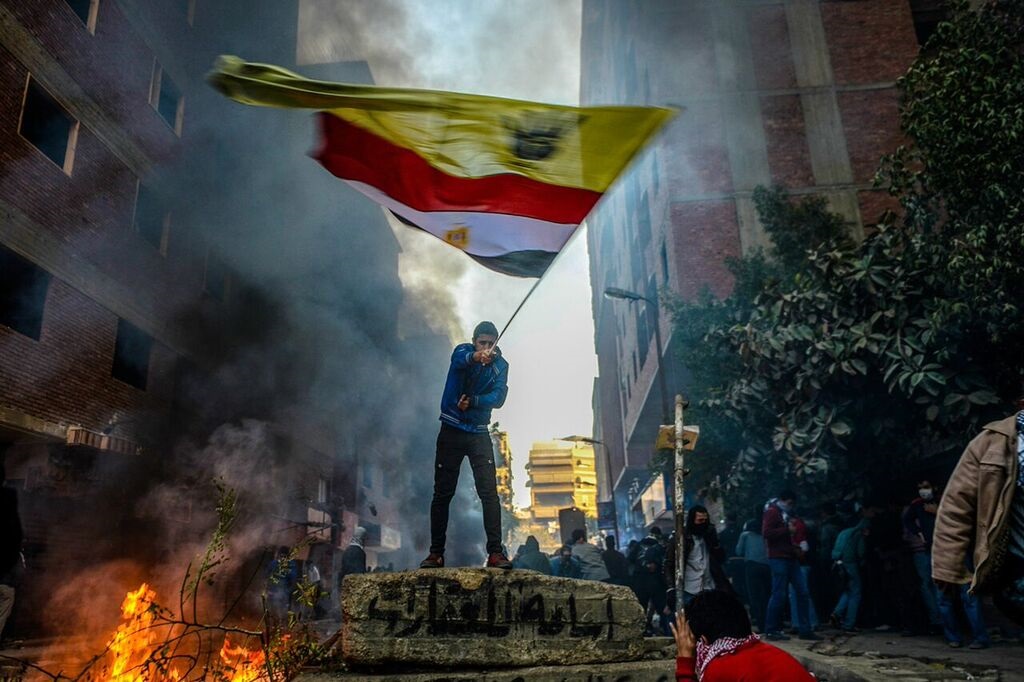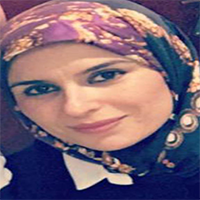هو أحد المصورين القلائل الذين تجرؤوا على الانتقال إلى سيراليون وليبيريا وتصوير الحياة اليومية إثر انتشار مرض الإيبولا المعدي، لتكون روح المغامرة والاستكشاف رفيقة لأدوات المهنة.
لفت الشامي الأنظار إلى عمله المحترف في التصوير من خلال عدسته التي تلتقط تفاصيل إنسانية تنمّ عن نظرة ثاقبة، توهم بأنها أعمال منجزة من شخص ذي خبرة واسعة. لكن المدهش في الأمر أن المصور الصحفي ما هو إلا شاب مصري من مواليد 1994، بدأ احتراف التصوير الصحفي وهو ابن 17 عاما، وفي هذه السن حصل على جائزة أفضل صورة صحفية من نقابة الصحفيين المصريين.
ورغم سنِّه الصغيرة، عمل الشامي مع أكثر من مؤسسة صحفية نالت أعماله التصويرية فيها نقدا إيجابيا، فخلال عمله في وكالة الأناضول عام 2015، حاز جائزة تحمل اسم المصور "كريس هوندروس فوند" وتمنح للصحفيين الشبان الذين يثبتون نجاحهم في مناطق النزاعات المختلفة حول العالم.
كما أن الشامي هو أصغر المشاركين في زمالة مؤسسة ماغنوم الدولية لحقوق الإنسان في نيويورك، وقد أفردت له "لينز بلوغ" تقريرا ضمن سلسلة "نقطة تحول" المنشورة في نيويورك تايمز، وأتيحت له الفرصة لعرض صوره ضمن مشروع "بورتفوليو ريفيو" ( portfolio review ) الذي يعرض صور مصورين صحفيين عالميين، وكان أحد المصورين الذين دُعوا لحضور ورشة إيدي آدمز في نيويورك عام 2015.
هذا المشوار القصير في طريق التصوير الصحفي لم يكن ليكلَّل بكل هذا النجاح لولا دعم عائلته التي -رغم الخشية والقلق عليه- لم تقف عائقا أمام طموحه.
تؤدي عدسة الشامي الوظيفة ذاتها التي تؤديها عينه، إذ يقول إن عدسته تلتقط الصورة التي تصف الحالة التي يراها في الحقيقة، لأن التصوير الصحفي يختلف كثيرا عن أنواع التصوير الأخرى، إذ يجب على الصورة أن تشمل معلومات عديدة وتصف الحدث الواقع أمامه.
وإذا كان العمل الصحفي في مجمله قائما على منظومة أخلاقية تنحاز إلى الإنسان وتحافظ على المهنية، فإن الشامي واحد من هؤلاء الذين أدركوا تلك القيمة، فهو يستأذن الأشخاص الذين يظهرون في صوره، ويتجنب اصطناع أي حدث.
كل مصور -حسب الشامي- له عين مختلفة عن غيره من المصورين، وهذه الرؤية المغايرة هي ما تميِّز عملا عن غيره.
أحداث رصدتها عين الشامي
